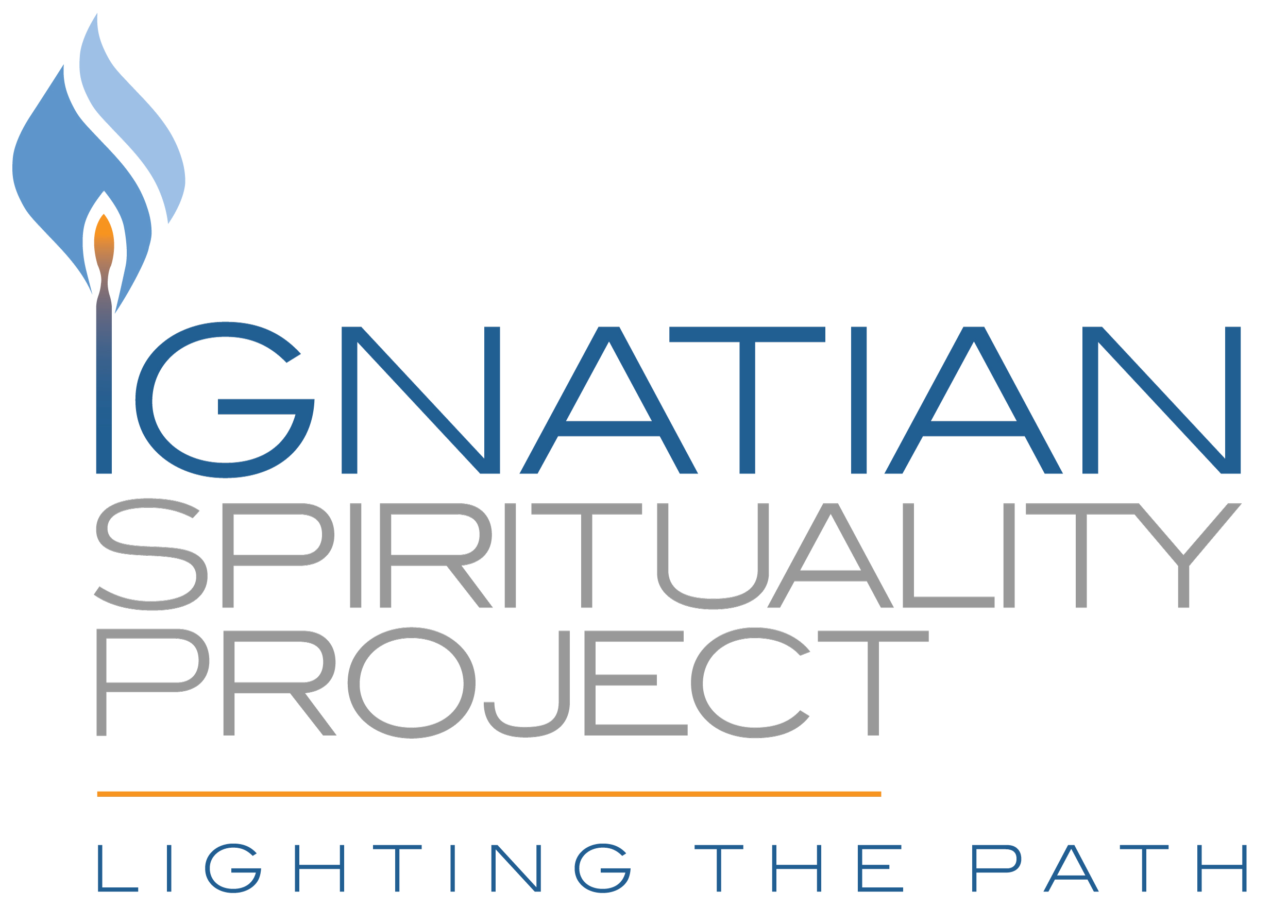by Vinita Hampton Wright
Step 4: We made a searching and fearless moral inventory of ourselves.
One of the first “assignments” given to people who seek spiritual direction in the Ignatian tradition is the writing of their spiritual story. The person spends prayerful time remembering various seasons in his or her life and what happened spiritually. This is a healthy exercise, but it has its challenges. Let’s say that I am doing this exercise, trying to write my spiritual autobiography.
I might not recognize “spiritual” events or processes. Maybe my family was not religious, or I did not practice religion growing up, so I did not learn a vocabulary for matters of the spirit. God has been reaching out to me my whole life—through events, relationships, significant moments that shaped me—but I did not know that what I was experiencing was spiritual. So, as I prayerfully look at my history, I need to ask God’s help so I can recognize what has happened in my spirit along the way. For instance, a certain friendship taught me to see myself as worthy of respect: God was at work in that relationship. Or I remember a day when I was just a kid, and I recognized the majesty of nature as I rode my bike: that was a moment of realization that I can now see as growing spiritual awareness.
It’s impossible to look over my life story without facing my mistakes and wrongs. This part of writing down my history becomes a moral inventory, and it’s tough to do. But if I honestly look at my life story, I will have to acknowledge the parts of it that aren’t pretty.
Deep wounds and trauma might block memories or cause confusion. Writing a spiritual autobiography might lead me to seek therapy, counseling, or a support group because my memories bring to the surface truly difficult and painful parts of my story. I might not remember details, but I can tell that a particular time or event in my history causes my heart to race or my emotions to spike.
A life review takes time, but it can really help spiritual growth and development. It’s an opportunity to see your life in a fresh way—because you are looking for God and asking for insight. This review will also help you begin to face your moral failings—because you are seeing them not as the main part of your life but as parts of a long, complicated story. It’s the same with wounds and trauma: you begin to see those things as parts of a much bigger picture. And as you review your life, recognizing where God has been with you, where you have learned and grown, you understand that you are much more than your failings, much more than your wounds. There’s good, beautiful stuff there, too.

0 Comments